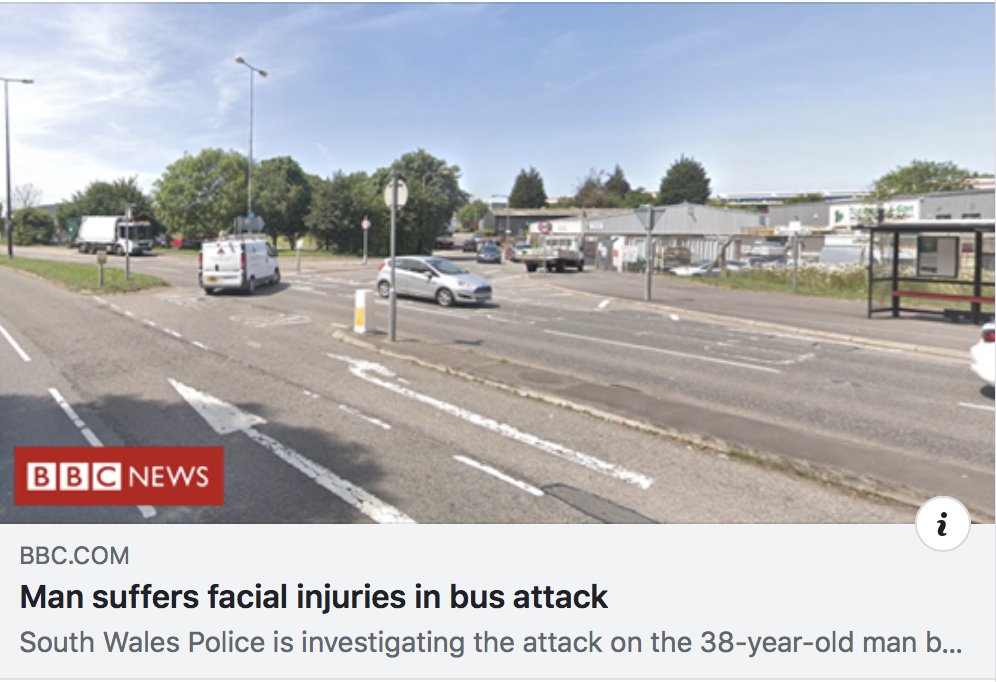If you were to walk down the street, wearing a balaclava and saying this, I don’t think you’d have grounds to be shocked if the police stopped you, whatever colour you were.
Cladded in full public order gear (sans the NATOs), my carrier engaged two teenagers on the promenade of a London shopping centre and searched them for weapons.
Never one to turn down an opportunity for discourse, I spoke.
I pointed out that this had of late been an indication that such an individual was sporting a knife tucked into the sock of the other.
We closed the gap after receiving their descriptions.
She listened with acknowledging nods as she filmed the search on her phone.
These gentlemen had not been stopped “just because they [were] black”. The hadn’t been stopped because they were black at all.
These are just some of the variables which constitute an officer’s mindset of “reasonable grounds to suspect”.
The woman, in a very classy show of character and maturity, acknowledged my points and conceded that her judgement was ill-informed.
Society must do the same.
This applies to many fronts, not least stop and search.
But it’s quite a different—and somewhat naive—position to expect public displays advocating and glamorising violence to not warrant a closer investigative look.
It happens to be a fact that the gang culture riddling our headlines with news of slain teenagers is disproportionately represented by young, black men.
#liftyourvision






